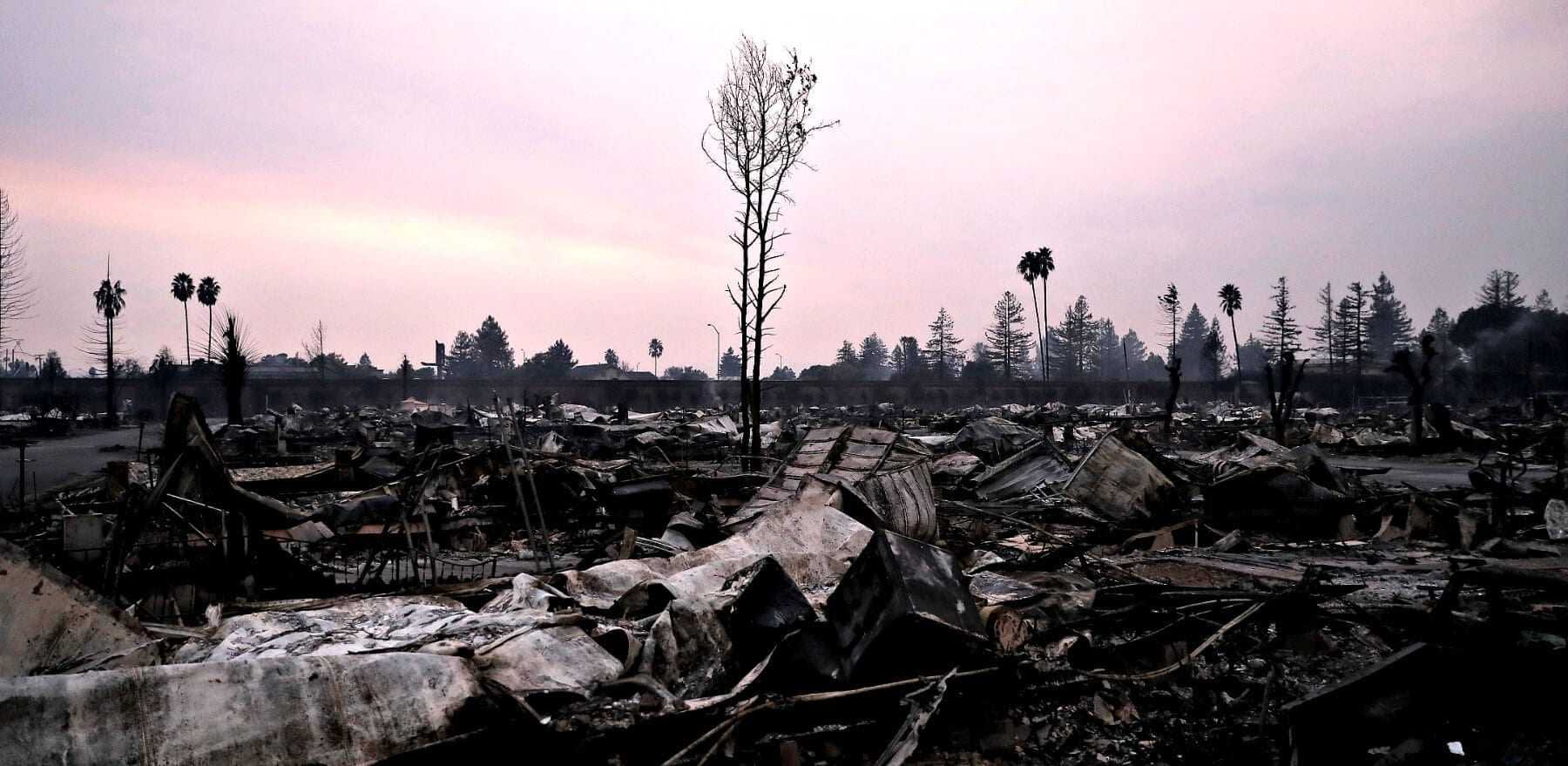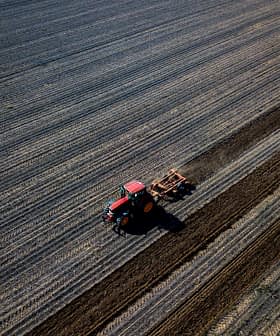'Apocalyptic' Scenes in Napa and Sonoma
Communities along Northern California's famous wine region have been ravaged by wildfires that came out of nowhere.
More than a dozen wildfires continued to devastate swaths of Napa and Sonoma counties in Northern California today, scorching over 100,000 acres of homes, businesses, vineyards and olive groves.
I just heard that one of our smaller producers lost her home in Santa Rosa. This is devastating to all of the communities affected. We are hopeful that everyone is safe.
At least 11 people have died and 20,000 are homeless, according to the latest estimate from the State of California, within the two stunningly beautiful valleys famous for their wines and increasingly known for olive oil too.
Olive Oil Times has checked in with a number of producers in the region, who reported “apocalyptic” scenes, olive trees coated with ash and soot, and communities in shock.
Firefighters contained some of the fires today as winds that had fanned the flames subsided overnight, but many had yet to be tamed.
Many have yet to return to their homes after forced evacuations and don’t know if their houses and belongings were spared or destroyed.
Patricia Darragh, the director of the California Olive Oil Council said it was too soon to tell how most in the close-knit community of growers have fared.
“Since the fires are still raging, communications are spotty. We have been sending emails and texts to our members and, as of this morning, all are safe but many have been evacuated from their homes,” Darragh said today.
“I just heard that one of our smaller producers lost her home in Santa Rosa. This is devastating to all of the communities affected. We are hopeful that everyone is safe.”
An assessment of property and agricultural damage will be forthcoming as communications improve, she added.
Sonoma County-based consultant Alexandra Kicenik Devarenne also said those in her network she has been able to reach were safe, but several colleagues lost their homes. “Today I think we will get a better handle on the extent of the damage,” she added, “but it’s ongoing.”

According to CNN, nearly 35,000 are without power throughout the state and more than 1,500 homes and businesses were destroyed.
No rain is in the forecast for the region over the next seven days.








